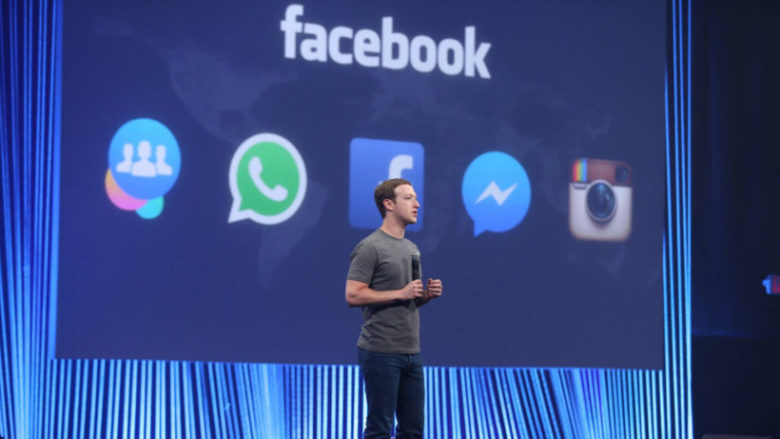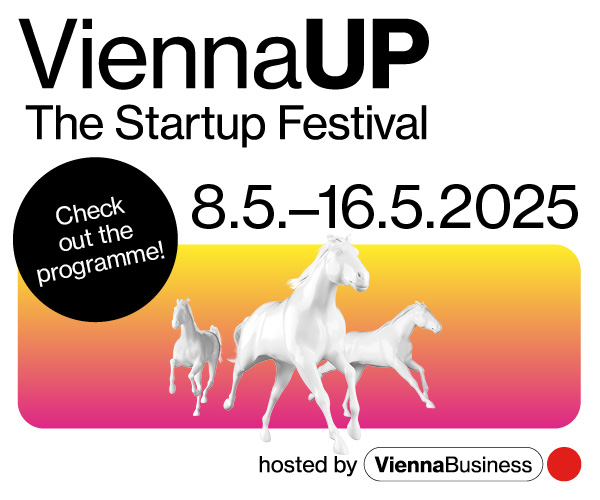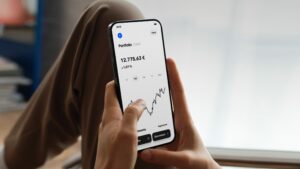15 Years Facebook: ¯_(ツ)_/¯

“On April 2, your Google+ account and any Google+ pages you’ve created will be closed, and we’ll start deleting Google+ Google+ account content.”
It’s ironic that I received this email a few days ago. Just on Facebook’s 15th birthday, the platform launched in 2011 as a “Facebook killer” will be turned off. Too low usage and a data breach are the main reasons why Google has decided to shut down its social network.
Facebook CEO Mark Zuckerberg is also familiar with data-related scandals, but he has never had problems with too little users. Even after he deleted 1.5 billion fake accounts (!) the platform still has its 2.3 billion monthly active users.
Many apologies, even more billions
At least 15 times since the launch of “The Facebook” Mark Zuckerberg had to apologize publicly for errors, data gaps, privacy violation and scandals. Meanwhile, he was applauded on Wall Street, as he made almost $ 25 billion profit in 2018 and the stock price has grown around four times since the IPO in 2012. The scandals did not keep the company from growing, and the interim stagnation in Europe seems to be over.
Zuckerberg is familiar with data. Thanks to some analytics tools he purchased (e.g. Onavo), he was quick enough to realize which other communication tools are growing strongly. When Facebook saw users sending over twice as many messages through WhatsApp an irresistible offer of $ 19 billion was made to its founder. Instagram, as a potential future competitor was also bought on time.
We cannot let go
How many times have there been reports of waves of users leaving the platform? #DeleteFacebook became a trending hashtag in 2018 right after the WhatsApp exited the game. Nothing changed. Although studies (like Stanford University’s) tell us that we’re happier without social networks, the lock-in effect is more powerful. Privacy-concerned users are offered security on messenger platforms like Signal or Threema, but this is not a complete replacement for the big feed.
Fake news, hate speech and violating content are obviously not enough to make users click away. On the contrary, they become the basis of discussion in the network. That too is a network effect. Weigh whether Facebook was good or bad for the world is controversial. Even experts cannot find a single opinion to agree on.
Hardly anyone is ready to give up the personalized feed, permanent looking in between is also tempting. The filter bubble is too cozy to leave it just like this. The ones, who leave Facebook, might be happier, but they also feel less informed and involved. Event invitations, breaking news, videos and messages – you get that first on Facebook. Zuckerberg’s app family has become the standard of private communication online, and it has become the second standard for advertising especially for small businesses, alongside Google.
There is now a price tag even for our most intimate data: up to $ 20 per month. If Facebook offered a paid version of its service without advertising, it would probably require between 3 and 8 euros per month (read more here).
Does Facebook have to be smashed?
Voices in European politics are also getting louder – the social network group has to be split up. Instagram and WhatsApp as new competitors, that’s the only way to master the data monopoly. It may result in more competition in the social web. But. Do you still remember Snapchat?
Its founder, Evan Spiegel, let Zuckerberg down. In a nutshell, it was already thought that Snapchat could become the Facebook killer. But then Zuckerberg pushed Instagram on the chessboard, copied the story format of Snapchat and today hardly anyone talks about Snapchat. And WeChat? Well, the messaging hit from China has been able to thrive behind the firewall that is blocking Facebook. Yet it plays no role in the western market.
Could Instagram or WhatsApp exist on the market against Facebook alone? Hardly. Instagram could only grow as big as it is today with the help of the blue giant’s tech and advertising infrastructure, and WhatsApp gets enough money from Facebook for its own future business (mobile payment, messaging marketing). Soon there will also be advertising in the story format.
And if the competition guardians come up with stupid ideas and want to break down the app family from Zuckerberg into its individual parts (not so easy), Zuckerberg is already preparing. In the future, WhatsApp, Instagram and Messenger should run on the same platform and enable communication between the apps.
The European alternative is missing
As Facebook continues to grow, Europe stands empty-handed and complains that we are delivering the data to the international giant for free. Here’s something we need to admit. Without Silicon Valley, Facebook would not have become the data monster it is today. And whoever wants to see an alternative, they have to create the framework conditions for one to emerge. I would like to see a European startup that can stand up against Facebook.
Unlikely: yes. Impossible: no. There are more developers in Europe than in the US, the Data Protection Regulation (DSGVO) provides a good basis for the proper handling of personal data, and there is enough creativity to take the idea of social network to the next level (copying brings nothing, StudiVZ sends greetings, Blockchain anyone?).
But as long as Facebook continues to work unrivaled, we’ll continue to complain about data scandals, listen to Zuckerberg’s apologies, and see his billions grow. And if somebody asks us how is that possible, we’ll be like:
¯ _ (ツ) _ / ¯






























